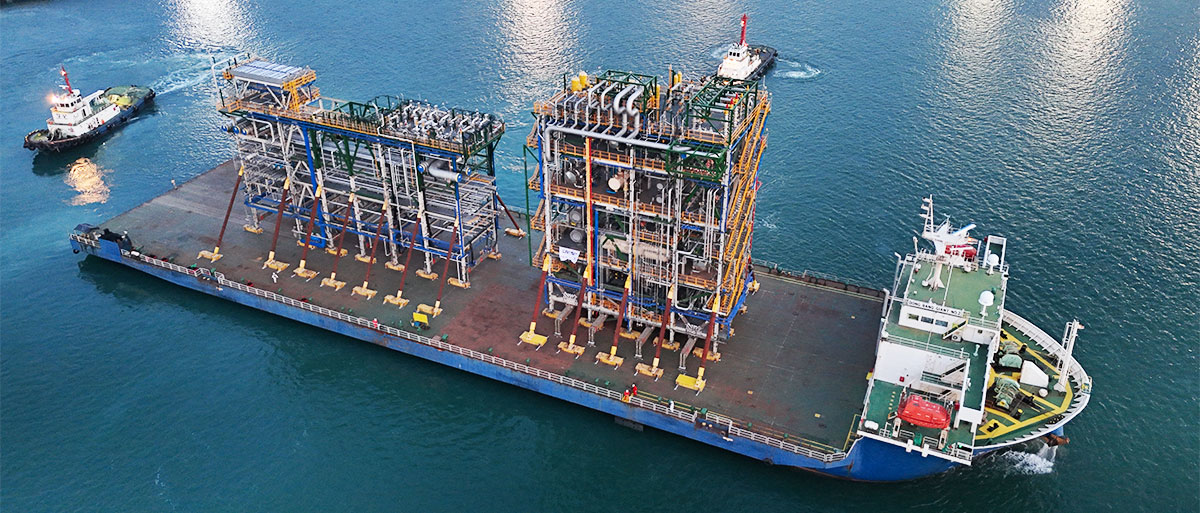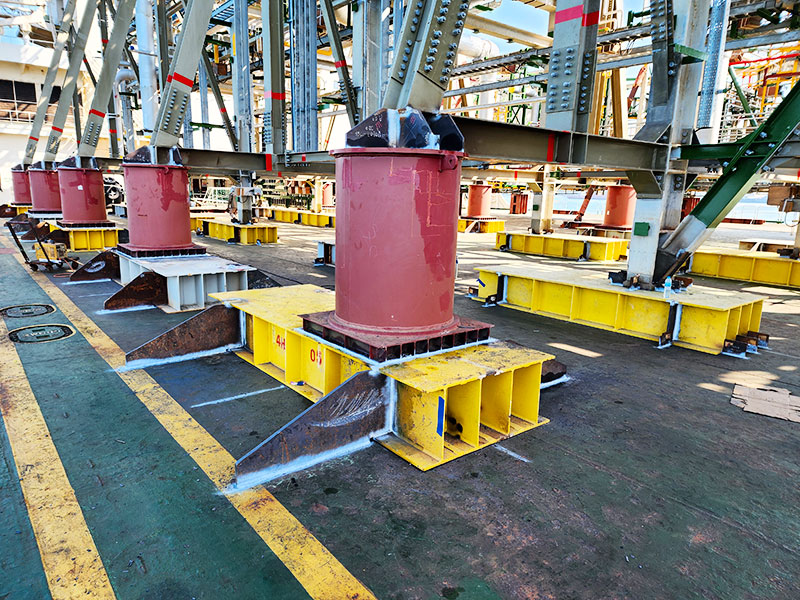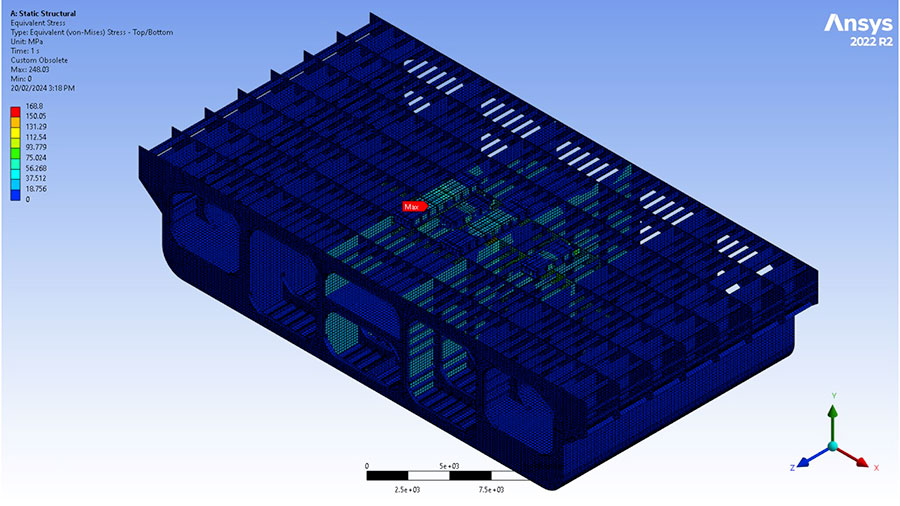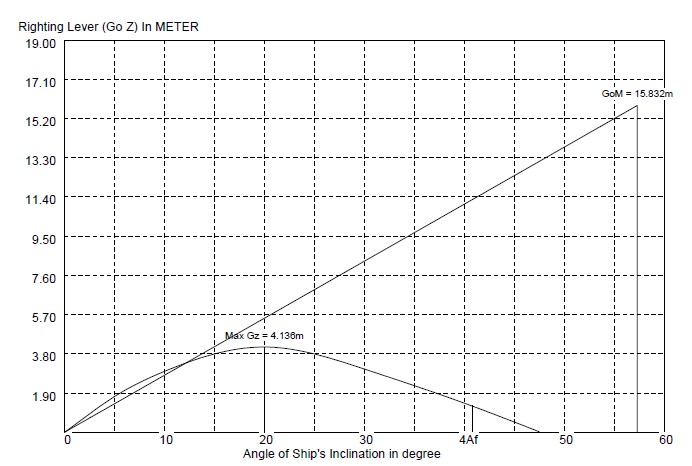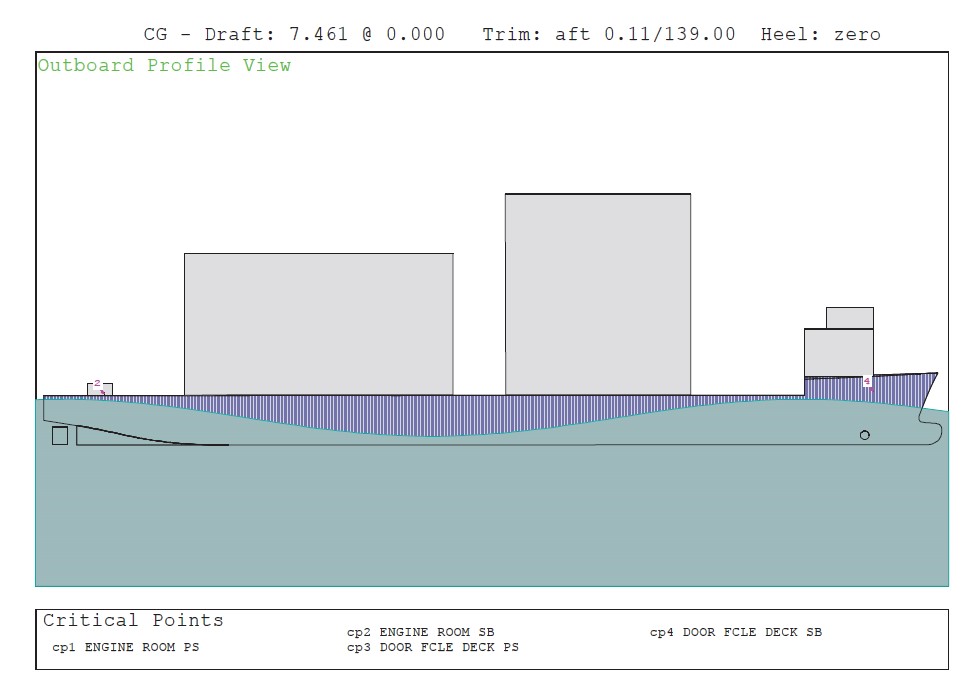Sea Transport Engineering
-
Seafastening Design
Our team can provide detailed calculations and drawings to fabricate and install seafastening. Seafastening design is critical for maintaining the stability, integrity and safety of the cargo and the vessel during sea transport.
For modular project, Dextra is always looking at re-using the seafastening on a standard design basis approach to have the most cost effective solution for our customers. -
Stowage Plan
Stowage plans for sea transport are crucial for optimizing cargo capacity, ensuring safe transit, and maintaining the structural integrity and stability of the vessel throughout the voyage. -
Bollard Pull calculations
Bollard pull calculations are essential for assessing the towing capabilities of a vessel, ensuring safe and efficient towing operations, and determining the suitability of a tug for particular tasks such as towing other vessels, barges, or offshore structures.
This calculation takes into account various factors including the vessel's engine power, propeller efficiency, hull design, environmental conditions. -
Vessel Deck Strength
The purpose of a vessel deck strength check is to verify that the deck is capable of safely supporting the anticipated loads without experiencing excessive deflection, stress, or deformation that could compromise the vessel's safety or structural integrity. -
Ballasting Calculations
Ballast calculations for load out involve determining the optimal distribution of weight within a vessel or barge during the loading process to ensure stability, trim, and draft requirements are met.
This process typically involves calculating the amount and placement of ballast (additional weight) required to counterbalance the weight of cargo being loaded onto the vessel. -
Vessel Stability
Vessel stability refers to the ability of a ship or boat to maintain an upright position and resist capsizing or excessive rolling when subjected to external forces, such as waves, wind, and cargo loading.
Stability is essential for ensuring the safety and seaworthiness of a vessel, as it affects the comfort of passengers, the safety of crew members, and the integrity of cargo. -
Deck deflection study (hogging/sagging)
A hogging and sagging study for a vessel involves analyzing the structural behavior of the ship's hull under different loading conditions to assess the likelihood of hogging or sagging deformations. The calculated deflection shall be used as input in the cargo design for sea transport.
Our engineering team can offer a wide range of sea transport related studies compliant with international standards, particularly focusing on the widely utilized DNVGL-ST-N001 code within the offshore and heavy lift industry:
- Motion and seakeeping analysis,
- Environmental considerations and weather restrictions for Sea transport,
- Bollard Pull calculations,
- Barge and Vessel Stowage Plan,
- Vessel and Barge stability and longitudinal strength assessment,
- Hard Seafastening design (grillages, stools, bracing, etc),
- Soft Seafastening (lashing) design,
- Vessel and barge deck strength checks,
- Mooring Calculations,
- Ballasting calculations for load out / load in,
- Hogging and Sagging deflection studies.
Engineering activities
Case studies

